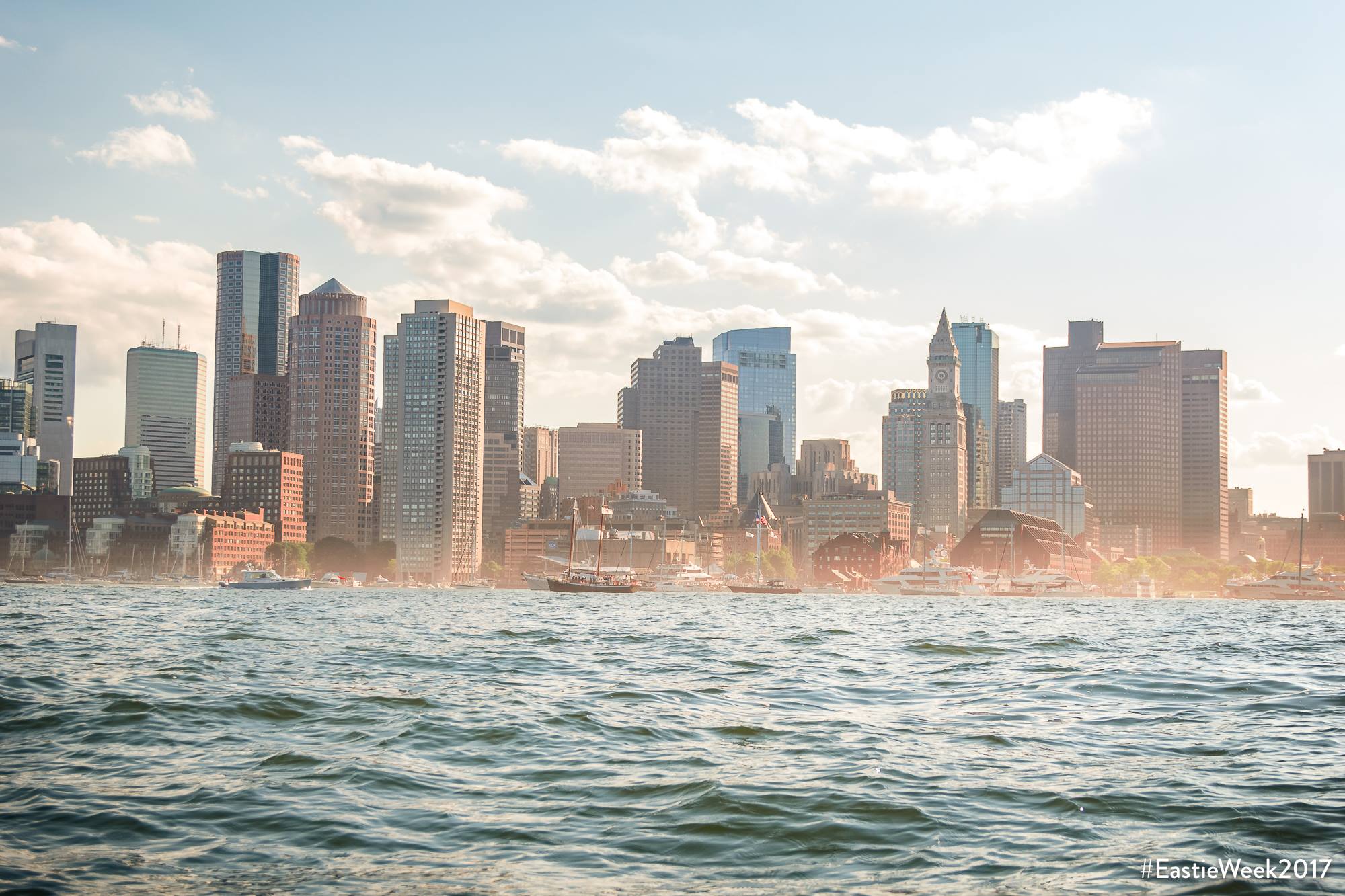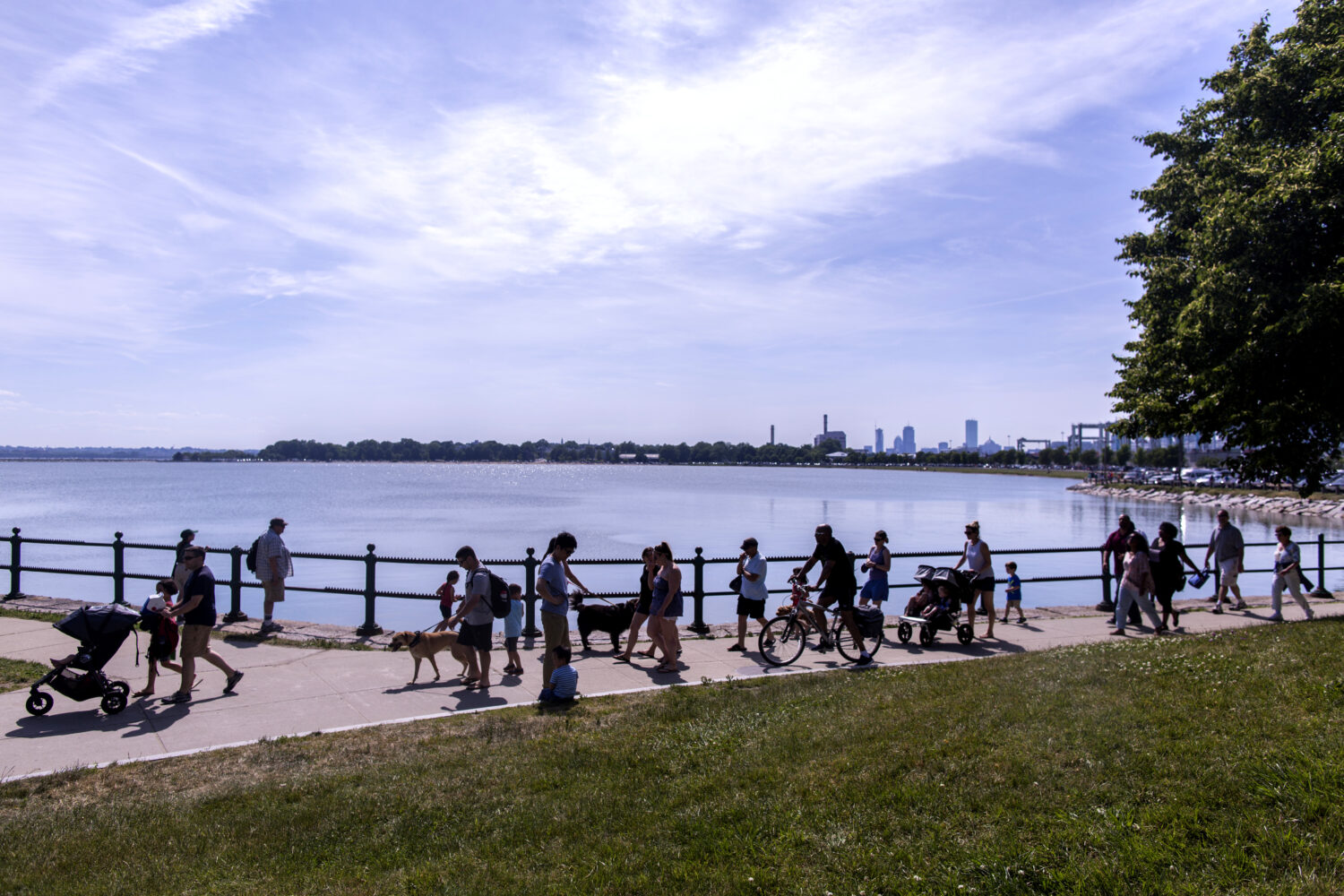Urban ports, like Boston, are at a crossroads. In today’s ever-changing world, coastal cities and waterfront communities face significant challenges that demand immediate attention. From the escalating impacts of climate change to evolving economic pressures and shifting community needs, the dynamics shaping urban ports require a modernized, proactive approach. Central to this conversation, particularly in Massachusetts, is the critical role of Designated Port Areas (DPAs). Established in 1978 to safeguard maritime industries, DPAs must now evolve to address contemporary realities and unlock their untapped potential for the benefit of the entire region.
Since its formation in 2016, the Waterfront Initiative, together with the Boston Waterfront Partners, have been dedicated to creating a public, accessible, and welcoming waterfront that reflects and benefits Boston’s diverse communities. The working waterfront is an important component of that vision. In response to a pressing need, Strengthening the Urban Harbor: Policy & Investment Recommendations for Boston’s Working Ports serves as a catalyst for a critical dialogue about the future of DPAs and their importance in ensuring a sustainable, equitable, and resilient waterfront. This report invites all stakeholders to join a pivotal conversation about the future of our Designated Port Areas.
When the regulations governing DPAs were first created, the global landscape looked very different. Climate change wasn’t on the radar as it is today, economic models were different, and community inclusion in decision-making was not prioritized. This report seeks to address these gaps by:
Highlighting the current challenges and opportunities for working port areas.
Offering a framework for collaborative conversations among key stakeholders.
Underscoring the urgency of action to fully leverage the potential of DPAs.
At its core, this report emphasizes that DPAs can be dynamic tools for shaping the future of our waterfront. The report highlights engagement as a powerful measure in the face of the influence, power, and wealth shaping some of our most valued waterfront areas. Tools like Chapter 91 and the Designated Port Areas give the community the superpower to advocate for themselves in an impactful way. The report calls on regulators, administrators, and waterfront stakeholders to come together in neutral, facilitated discussions to ensure that decisions about DPAs are informed, inclusive, and transparent.
Today’s working waterfront challenges are not unique to Boston Harbor, urban ports across the globe are facing similar challenges, making this work relevant and urgent. As part of our ongoing effort to facilitate cross-sector collaborations, the Waterfront Initiative is excited to host over 25 stakeholders at the National Working Waterfront Conference in San Diego in February 2025. This is the first of many opportunities we hope will amplify the conversation and focus stakeholders’ efforts on pressing and time-sensitive working port issues—specifically, the future of the Designated Port Area program.
As we move forward, we encourage all stakeholders to engage their local and state leaders in conversations about the future of DPAs along your waterfront. Our goal is to provide opportunities for thoughtful engagement and collaboration across sectors—especially for overlooked and underrepresented communities. This is driven by our commitment to transparency, authentic engagement, and broad community involvement. By prioritizing these principles, we can ensure a process that builds trust, delivers results, and sets working ports, like Boston Harbor, on a course to be a resilient, inclusive waterfront that reflects a diversity of uses and their stakeholders.




